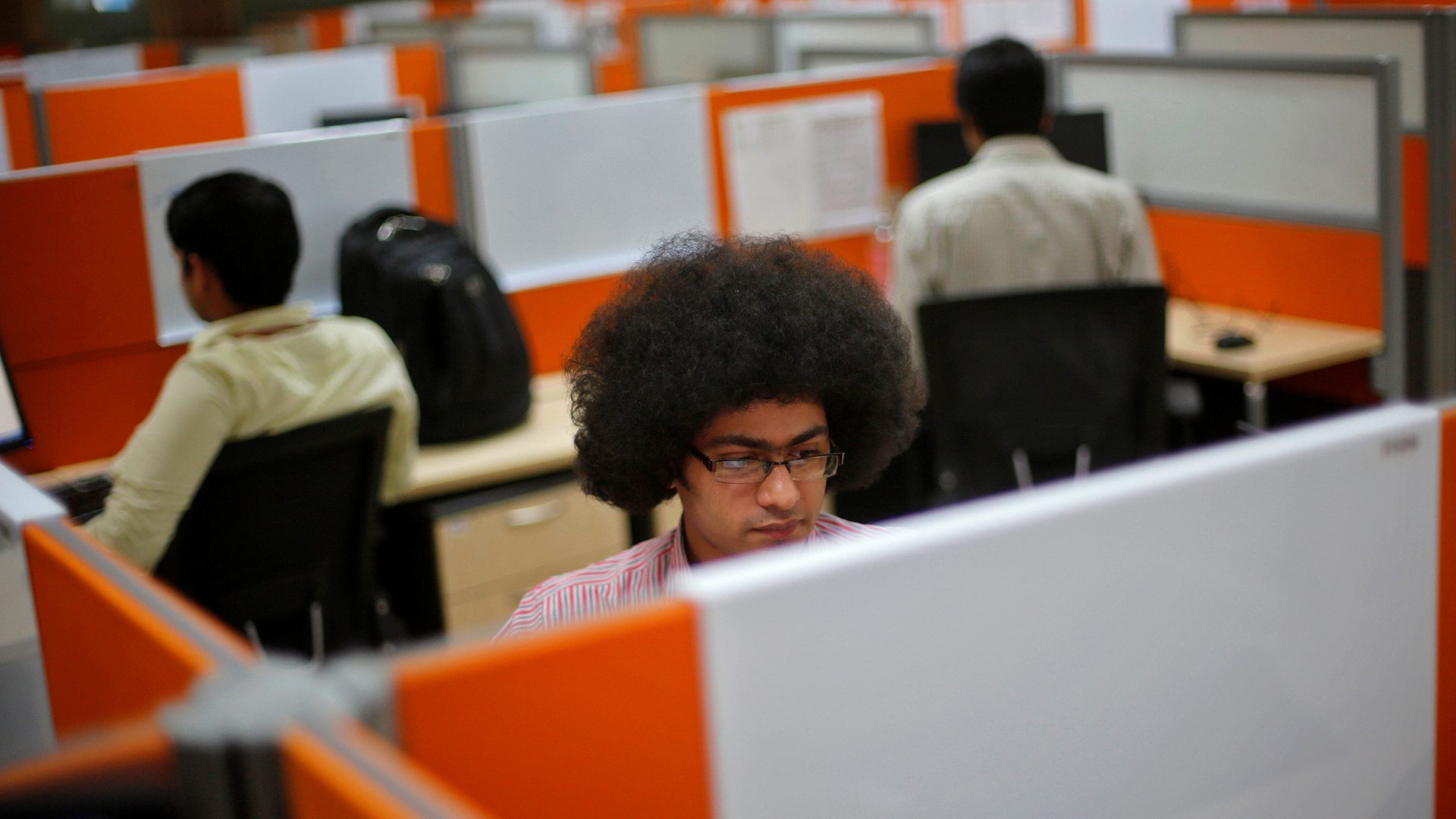How has the pandemic changed African workplaces?
The workplace and modes of working have come into the spotlight amid Covid-19 lockdowns that have enforced remote working as the new norm for most businesses. Companies have had to review their practices to accommodate a hybrid-approach which allows employees to spend some time in the office to create social work experiences.


The workplace and modes of working have come into the spotlight amid Covid-19 lockdowns that have enforced remote working as the new norm for most businesses. Companies have had to review their practices to accommodate a hybrid-approach which allows employees to spend some time in the office to create social work experiences.
Research suggests that the pandemic could also shape other future workplace trends. Two trends stand out: the rise in telework and virtual collaboration on the one hand and the increasing divide between formal and informal work on the other.
The Covid-19 pandemic has reminded us about the great divide between “them” and “us,” inequalities, and exploitation in informal workplaces. The dire reality of unemployment is a major challenge. Joblessness is exacerbated by the use of the informal sector as a shock absorber.
The contractual labor market has shown a steady growth over the past decade. This casualization of work can have positive and negative consequences. In South Africa, which has a long tradition of work casualization, the effect has not always been positive as some workers have been victimized and exploited. They have also not been provided with basic provisions, including personal protective equipment, to enable them to do their jobs. On the other hand, trends like the rise of the gig economy, flexible labor, and self-employment form a significant part of the developing economy and the potential for job creation.
Faced with the pandemic and the key role of work in our lives it is important to consider the impact on work and workplaces. In particular, we should consider two questions: Who works and how or where are they working? These questions are particularly pertinent in countries like South Africa which have very high rates of job losses. These countries have also seen the expansion of remote work in the formal sector, opening up opportunities for more work casualization.
Informal versus formal
The idea of who works centers on types of workers and their identity. The pandemic has highlighted the divide between types of workers, for example those in the informal versus formal sectors. It has further created new types of divides between “us” and “them,” including “essential” vs. “non-essential” and frontline vs. remote workers. Workers in the formal sectors, for example, had more support from their organizations during the lockdown. Employers helped facilitate arrangements for working from home. Informal sector workers had no such support.
Most workers in developing countries, including South Africa, aren’t part of the formal employment labor force. They work in the informal sectors, and are often referred to as casual labor in precarious jobs.
There are currently about 2.5 million casual or informal workers in South Africa. This working arrangement holds benefits, but also a potential dark side. The strike by Uber Eats drivers was a case in point. The Competition Commission found that these drivers were earning below the minimum wage. This trend of working in the gig economy, is also often not a choice but a necessity for workers.
But precariousness also offers greater flexibility and mobility for the higher skilled with greater negotiation power. In South Africa, the gig economy has grown as more people turn toward greater flexible work arrangements. They feel empowered and the demand for flexible working arrangements is growing. The lockdown has demonstrated to organizations that remote work which is enabled by technology is not only possible, but also efficient. More companies are creating opportunities for working remotely.
The spike in casualization could also potentially help flip the paradigm and stimulate a new direction on how to ensure meaningful work for all. If leaders and people practitioners can evolve the best people practices deployed in the formal sector, to also serve the informal economy, it may open new avenues in stimulating economic and life empowerment.
This calls for applying standards on human dignity in work, as articulated by the International labor organization and country labor laws, to how all people in the work cycle is treated.
This could be done by large employers holding their service providers accountable to ensure workers have the minimum standards in wages and benefits in place, and are treated with dignity and respect.
A large proportion of organizations deploy service providers or casual labor, to deliver parts of their business processes.
Organizational leaders should thus consider all workers in their operational value chain, formal and informal, through a humanitarian lens. This does not imply full time employment for all but rather, a level of accountability and dignity.
In so doing, contracting, and outsourcing along the value chain could include principal stipulations on minimal accepted people practices. Work in general serves a greater purpose than just earning an income, but can also provide meaning and purpose, social connection, status, and structure. Business leaders therefore can contribute toward responsible leadership across the value chain in the full ecosystem of work.
Furthermore, beyond corporate social initiatives, business should have a sustainability and empowerment strategy that supports success of individuals beyond their own business success. The World Economic Forum recommends a ‘break out of the boardroom’ to see those outside formal business structures.
What matters is engaged and effective people who can thrive under responsible leadership in a supportive culture. Location then, as influenced by understanding the disruption, should facilitate collaboration and engagement, and match expected outputs with workers and their location.
This article is republished from The Conversation under a Creative Commons license. Read the original article.
Sign up to the Quartz Africa Weekly Brief here for news and analysis on African business, tech, and innovation in your inbox.